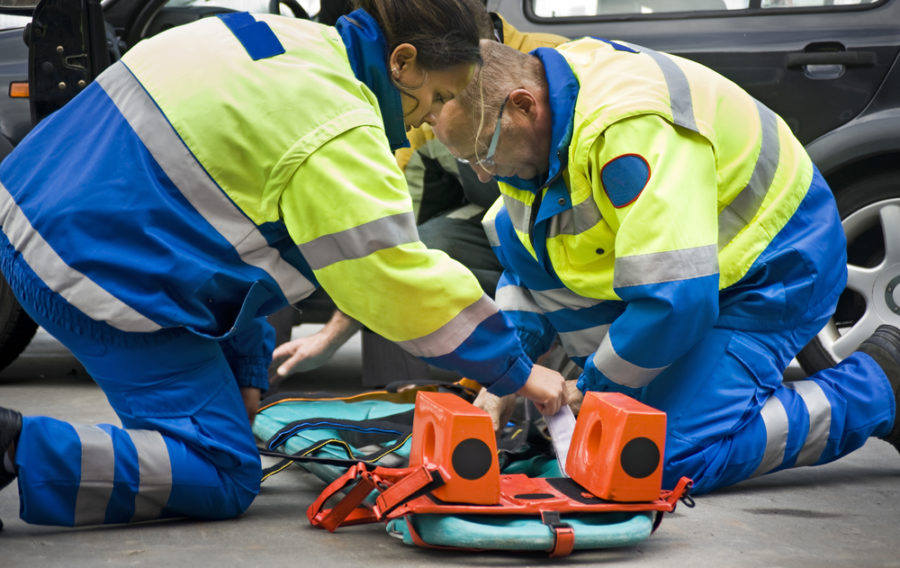
The Defence and Security Accelerator (Dstl) has announced the winners of the latest round of funding for the Autonomy of Hazardous Scene Assessment (AHSA) which, it is said, will revolutionize the way in which chemicals and bio-hazards are investigated.
As part of the UK government’s innovation initiative, the assessment is backed jointly by the Home Office and the Ministry of Defence’s science and technology platform.
Almost £3M will be allocated via AHSA – to be known as ‘MINERVA’ during Phase II – over a period of 18 months. In doing so, the Dstl hopes to tackle the issue of assessing incidents and operations involving hazardous chemical or biological materials.
Phase I ran for six months up until July 2017 and funded 18 development projects with a collective worth of £1.37M. In the weeks following, four of the initial Phase I winners were selected to develop their concepts further during the second phase. Early prototypes will be demonstrated by October 2018.
Just over £1.6M in funding was awarded to the following Phase II winners:
- BMT Defence Services: An unmanned aerial vehicle with gas-sensing technology.
- Horiba Mira: A robot with its own neural networks for use on decontamination missions.
- Loughborough University: A pocket-sized drone able to sniff out harmful chemicals
- Snake Eyes, by Autonomous Devices Limited: Able to enter properties through the letterbox, relay 3D images of a space and detect chemical agents.
The newly announced funding will help bring the conceptual designs into being, demonstration and eventual use, far more quickly than usual.
Peter Stockel of Dstl was on-hand to explain more: “After a fast-paced first phase, we are now delighted to rapidly move the project forward into Phase II with four highly innovative and technically exciting system propositions to tackle this priority challenge for UK Defence and Security.
“With continued involvement and demonstration with the user community, we aim to mature this emergent capability over the next 12 months to test the ‘art of the possible’ and accelerate this into the hands of the prospective users for further operational evaluation, both for MOD and the Home Office.”
If you would like to join our community and read more articles like this then please click here.
Autonomy of Hazardous Scene Assessment Bio-hazards Defence and Security Accelerator MINERVA







